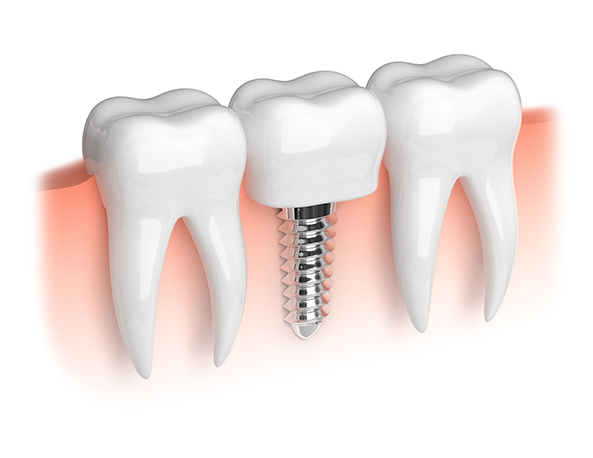Implants
IMPLANT OPEN DAY
SATURDAY, 18th FEBRUARY 2023
- Free consultation usually worth £ 125
- Consultation with our Specialist in oral surgery, implant and periodontal surgeon Dr. Escoda Francoli
- Fully Restore your smile and confidence – Discover how dental implants can restore your smile, improve oral health and functionality, as well as boost your confidence.
- Understand more about the different dental implant treatments and receive a personalised, no-obligation treatment plan
- 0% Finance – Popular with our patients to opt for 0% finance to spread the cost of treatment, making it more affordable. Don’t let finance get in the way of restoring your smile.
- Pain & Stress-free – Whilst not quite stress & pain-free, we can discuss how we can minimise discomfort and any anxiety during the procedure with conscious sedation.
To participate in the Open Day, book an appointment at 01420 552573,
write an email to info@watercressdental.co.uk or use our booking form!
To participate in the Open Day, book an appointment at
01420 552573,
write an email to info@watercressdental.co.uk
or use our booking form!
Dental implants offer a permanent solution for your missing teeth.
A dental implant is essentially a substitute for a natural root and commonly it is screw or cylinder shaped.
Each implant is placed into a socket carefully drilled at the precise location of the intended tooth. Often the implant can be placed at the same time as removal of the tooth all on the same day.
If an implant has a screw thread on its outer surface it can be screwed into position and if it does not, it is usually tapped into place. The main aim during installation of any implant is to achieve immediate close contact with the surrounding bone.


This creates an initial stability, which over time is steadily enhanced by further growth of bone into microscopic roughness on the implant surface.
In order to support replacement teeth, dental implants normally have some form of internal screw thread or post space that allows a variety of components to be fitted. Once fitted, these components provide the foundation for long-term support of crowns, bridges or dentures.
Click here for illustrated information.
For more information on implant costs, please visit our Fee page
A dental implant is essentially a substitute for a natural root and commonly it is screw or cylinder shaped.Each implant is placed into a socket carefully drilled at the precise location of the intended tooth. Often the implant can be placed at the same time as removal of the tooth all on the same day.If an implant has a screw thread on its outer surface it can be screwed into position and if it does not, it is usually tapped into place. The main aim during installation of any implant is to achieve immediate close contact with the surrounding bone.This creates an initial stability, which over time is steadily enhanced by further growth of bone into microscopic roughness on the implant surface. In order to support replacement teeth, dental implants normally have some form of internal screw thread or post space that allows a variety of components to be fitted. Once fitted, these components provide the foundation for long-term support of crowns, bridges or dentures.
Dental implant surgery is a procedure that replaces tooth roots with metal, screwlike posts and replaces damaged or missing teeth with artificial teeth that look and function much like real ones. Dental implant surgery can offer a welcome alternative to dentures or bridgework that doesn’t fit well and can offer an option when a lack of natural teeth roots don’t allow building denture or bridgework tooth replacements.
How dental implant surgery is performed depends on the type of implant and the condition of your jawbone. Dental implant surgery may involve several procedures. The major benefit of implants is solid support for your new teeth — a process that requires the bone to heal tightly around the implant. Because this bone healing requires time, the process can take many months.
Dental implants are surgically placed in your jawbone, where they serve as the roots of missing teeth. Because the titanium in the implants fuses with your jawbone, the implants won’t slip, make noise or cause bone damage the way fixed bridgework or dentures might. And the materials can’t decay like your own teeth that support regular bridgework can.
In general, dental implants may be right for you if you:
- Have one or more missing teeth
- Have a jawbone that’s reached full growth
- Have adequate bone to secure the implants or are able to have a bone graft
- Have healthy oral tissues
- Don’t have health conditions that will affect bone healing
- Are unable or unwilling to wear dentures
- Want to improve your speech
- Are willing to commit several months to the process
- Don’t smoke tobacco


